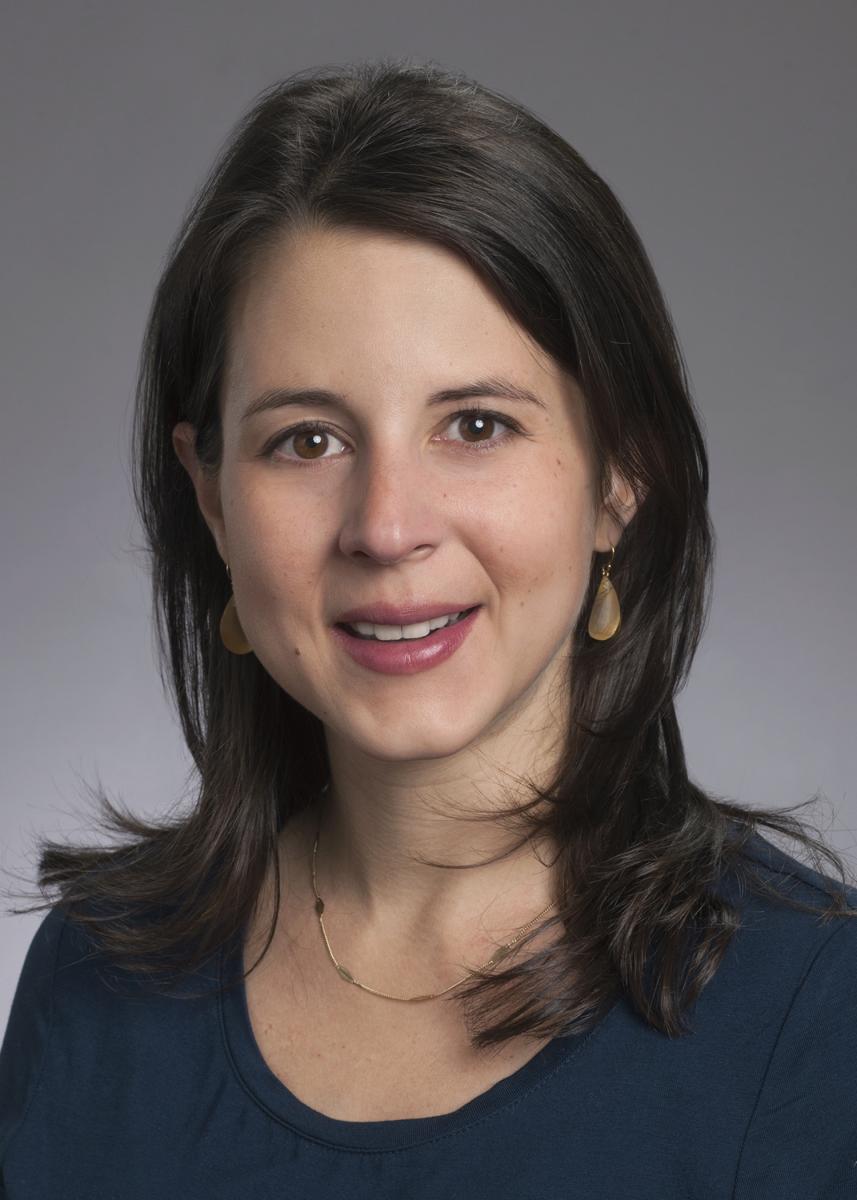 By Jane Lowe Meisel, MD
By Jane Lowe Meisel, MD
As an oncologist who treats exclusively breast and gynecologic malignancies, I have a heavily female patient population, and given that I practice at a large academic center in a city with a young population, many of my patients are within a few years of my age. Almost daily, I encounter women dealing with the same struggles my friends and I discuss when we get together—how to juggle building a career, raising children, maintaining personal relationships—when disaster, in the form of the dreaded “C” word, strikes.
For some physicians, being immersed in illness all day brings about a sense of invincibility. The patient is “other,” so "it could never be me, gowned and vulnerable, sitting on the exam table." For others, a sense of unease starts to pervade. Statistically speaking, only 5% of breast cancers are diagnosed in patients younger than age 40, but instinctively, it feels like a far greater number to me. There are days when it can be emotionally challenging to have so much in common with my patients. What do you do with that vulnerability? How do you harness it, rather than allowing it to overwhelm you?
I have talked about this with numerous colleagues, mostly female ones, and there is no perfect answer, but there is comfort in knowing that I am not alone. I recently ordered an urgent mammogram for a colleague who thought she felt a mass; during residency, one of my best friends (now a fellow oncologist) measured and compared my calves meticulously when I was convinced I had a DVT. Thankfully, both of these instances turned out to be false alarms, but I have also encountered situations that ended with colleagues on the other side of the exam room door, knowing just enough to understand their own mortality but still looking to me for answers, for a clear plan.
One of the things that I think attracts many of us to oncology is that the diseases we treat can happen to anyone. We have the privilege of meeting and caring for many kinds of people, because cancer doesn’t care if you are rich or poor, thin or obese, if you have bad habits or virtuous ones. Cancer doesn’t care if you’re a doctor. We are all humans first, patients and doctors second.
Our patients inspire us because they are, or could be, us. Because deep down we know that we could always find ourselves in our patients’ shoes, they inspire us to ask more questions, to do more translational work, to forge deeper connections with colleagues across disciplines and institutions to solve the challenges that we encounter daily in the exam room. The biology of cancer is like a tangled web we are trying to unravel, with great progress being made but too many knots still preventing us from reaching the ultimate goal.
It would be easy, seeing cancer day in and day out, to live in constant fear of it—and there are some days when I harness that tendency better than others. Ultimately, though, I think that if fear can be kept in check (my husband is a great help with this, as are my close friends), it can be motivating in many ways. Recognizing my own vulnerability helps me focus on my patients as people: as mothers, daughters, sisters, and wives first and foremost, rather than defining them by their tumor stage and subtype.
Young and old, my patients have taught me an infinite amount, both about living with cancer and accepting mortality. I see them leading rich, loving, generous lives despite their illness, or perhaps even because of it. In witnessing the complexity of my patients’ relationships—seeing how their partners, children, and siblings support them and make sense of illness as they become absorbed in it—my understanding of family dynamics has transcended what I have learned from my own life experiences. Knowing how fragile life can be makes you want to live it to its fullest—and not to take your blessings for granted.
It is a risky business, what we do—but putting our hearts into it, as well as our heads, can be rewarding beyond measure.
Dr. Meisel is an assistant professor of hematology and oncology at the Winship Cancer Institute and the Emory University School of Medicine whose focus is on breast and gynecologic cancers. She conducts clinical trials in these areas and enjoys teaching residents, fellows, and students in the clinics and as part of their formal curriculum.

Comments
Sonali M. Smith, MD
Apr, 15 2017 11:20 PM
Dear Jane--you raise a very important issue--acknowledging our vulnerability and difficulty in drawing lines between our personal and professional lives. I've seen several colleagues live with this vulnerability and sometimes it can get overwhelming. You state several great ways to address it in a healthy way to keep vulnerability from turning into burnout.
Soni
Ana Marcela Gonzalez Ling, MA, BSc
May, 19 2017 11:49 AM
Thank you for sharing your experience! I truly believe that if we acknowledge and work through the feelings we have while caring for patients we can make their, and our, experience more nurturing, fulfilling, and, ultimately, more humane. Feeling is a sign that we are invested not only on the patients physical well being but also on their functioning as human beings which is greatly apreciated by them, so good job!